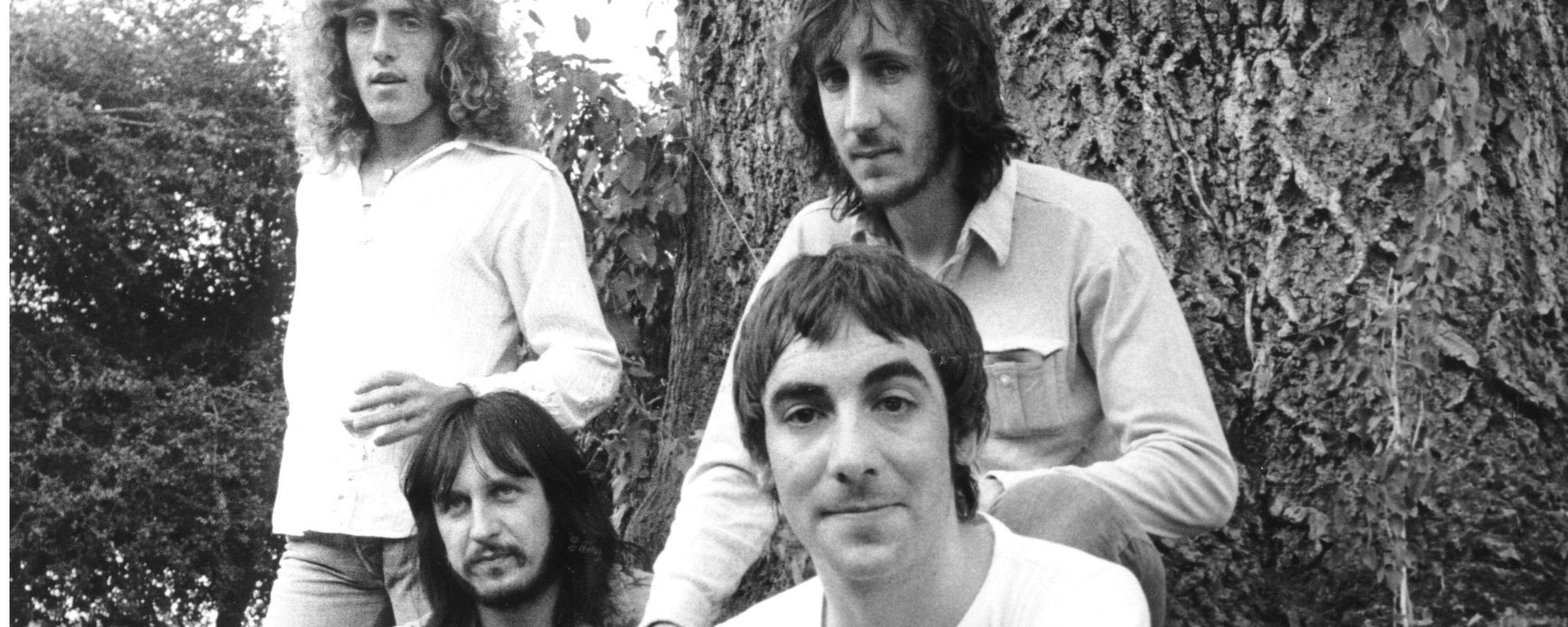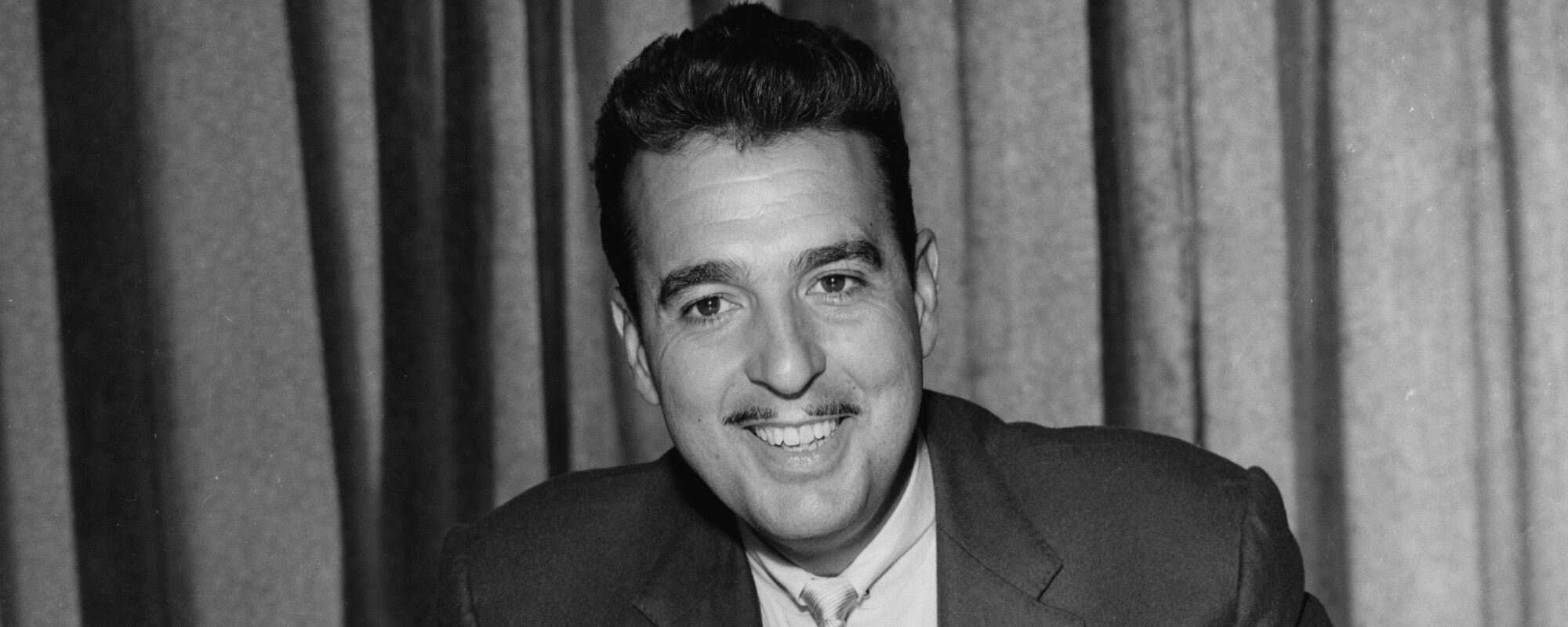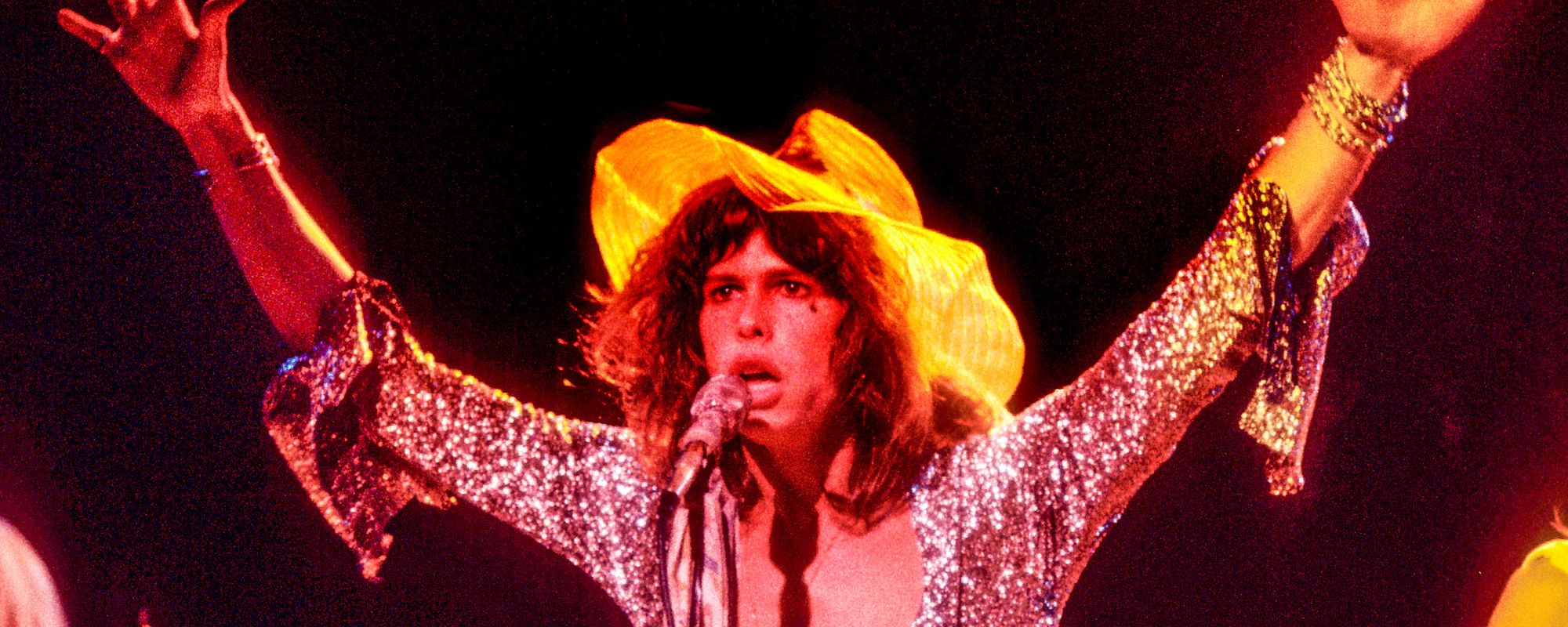Carla Patullo remembers her first introduction to music, listening to her mother and Nonna, both Italian immigrants, singing folk songs to her and her brother and sister. Those songs somehow connected the Los Angeles-based singer, songwriter, and composer to another time and place, something she hoped to capture and help guide her through her album Nomadica.
The album was a collection of songs Patullo crafted as an imagined conversation she never had with her mother, who died 20 years earlier in a car accident. A follow-up to Patullo’s 2024 debut, So She Howls, which earned her a Grammy for Best New Age, Ambient or Chant Album, Nomadica is fused by an instrumental stream of consciousness, marked by spectral vocals, sounds, and pulses.
On Nomadica, Patullo has created an orchestral landscape where it’s safe to grieve, heal, and leave off in a better place than where one started.
“In writing this album, I decided to reconnect with a very difficult moment in my life, my mother’s sudden death in a car crash,” said Patullo. “I wanted to revisit my relationship with her and imagine all of the tender conversations I never got to have with her. In doing this, I was able to release some of the pain I had been holding onto and accept myself, especially that part of myself that was frozen in time when she died.”
Backed by special guests, including Martha Wainwright, vocal ensemble Tonality, led by Alexander Lloyd Blake, and the Scorchio Quartet’s violist Martha Mooke (David Bowie), violinists Lorenza Ponce (The Chicks) and Frederika Krier (Sly and the Family Stone), and cellist Leah Collof (Trey Anastasio)—who also appeared on So She Howls—the contemplative movements mark different stages of reconnection from the opening transportive pieces, “Our Love Is” and title track.
Videos by American Songwriter
Cinematic in scope, Nomadica traces unspoken words between mother and daughter, from the slightly haunting “A Handblown World,” through “Arrival,” marking their first interaction.
The gentler pulses of “Isochronic Waves,” the shortest track running just over two minutes, 20 seconds, is a piece about “transformation,” said Patullo, and was sparked by listening to isochronic tones, rhythmic single tones, rapidly switched on and off, that are often used in brainwave entrainment, where synchronized brainwaves with sound help induce a desired mental state.
“Basically, you have these tones set to different frequencies and they put you in this state of mind of relaxation or dreams, and some are for sleep,” said Patullo. “Every frequency hits you a different way, so I started to think about that throughout the album.”
Varied pulses are transmitted throughout Nomadica, something Patullo wanted to use to help set the mood and “create the environment for the album,” she said.
“With ‘Isochronic Waves,’ I just started playing with those tones, but then it kept evolving, and it ended up transforming from the synthetic world into this acoustic world,” said Patullo. “This is the piece that transforms us mentally, into this place of acceptance.”

Wainwright, who also lost her mother, singer-songwriter Kate McGarrigle, in 2010, joins in the end on the symphonic closer “Fly Under,” marking a final stage of healing.
When Patullo first started thinking of collaborators on Nomadica, Wainwright immediately came to mind. “Her voice has always haunted and moved me,” shared Patullo, who also performed with Waingwright’s brothers Rufus, along with Sandra Bernhard, during a tribute to their mother in 2010. “Over the years, Martha’s own tributes to her mother have deeply stayed with me and shaped my connection to her artistry. When I began writing this song [‘Fly Under’], I felt she could carry it with me—so we wrote it together.”
On Nomadica, some things are no longer left unsaid, yet one conversation Patullo wished she had with her mother was linked to her identity. “I never got to have that ‘I’m gay’ moment with my mom,” shares Patullo. “I think we were close to the time when she passed. She definitely suspected it, but we didn’t have enough time to work that out.”
The 20th anniversary of her mother’s death in 2025 felt like a “punch” to the face. “Grief is so weird,” said Patullo, who lived through her own near-death experience after being diagnosed with breast cancer in 2019.
“I was one of the lucky people who got through that, and it really made me reevaluate life,” she said. “One of the things that I was really lucky to experience when I was going through cancer was this connection to these memories that I had of my mom. Even though she wasn’t physically here to be there for me when I was going through it, these amazing memories were there.”
The experience ultimately helped Patullo reconnect with her mother in an unexpected way, leading to Nomadica. The fact that Patullo’s mother died after visiting her apartment and having dinner with her, and that there were still many unanswered questions around the circumstances of the crash, after a police officer ran her off the road, made the grief during the past two decades all the more painful.
“I’m finally able to celebrate her and think about how our life could have been,” said Patullo, who also cited Andrew Haigh’s 2023 drama All of Us Strangers as another inspiration around Nomadica and communicating with her mother. “It took me 20 years to get to that point.”
For Patullo, who has composed music for film and television, Nomadica was a necessary stop on her musical crossing. “When I began this album, I was in an unsure place,” reveals Patullo. “I thought, ‘Can I go there?’ I was a little bit scared to revisit the pain I was going to feel again. But I kept writing, and it became this place, in my studio, where I thought, ‘I’m going to be here for the next eight hours or so, and I’m just gonna let myself be in this world of nomadica.’”
Eventually, it became a space where Patullo began to “feel comfortable in,” she said, and Nomadica was part of the healing process.
“I feel like there’s this conversation that I can continue to have in my mind,” she said. “I think it’s hard when I don’t feel connection, whether it’s with people who’ve passed or somewhere where there’s no community, but I feel like having gone through this album, I feel more open and I can continue to celebrate her and I’m not alone going through this.”
Patullo added, “Sharing this, I hope that the connection with music is something that can help other people who are going through this.”
Photos: Elizabeth Beech








Leave a Reply
Only members can comment. Become a member. Already a member? Log in.